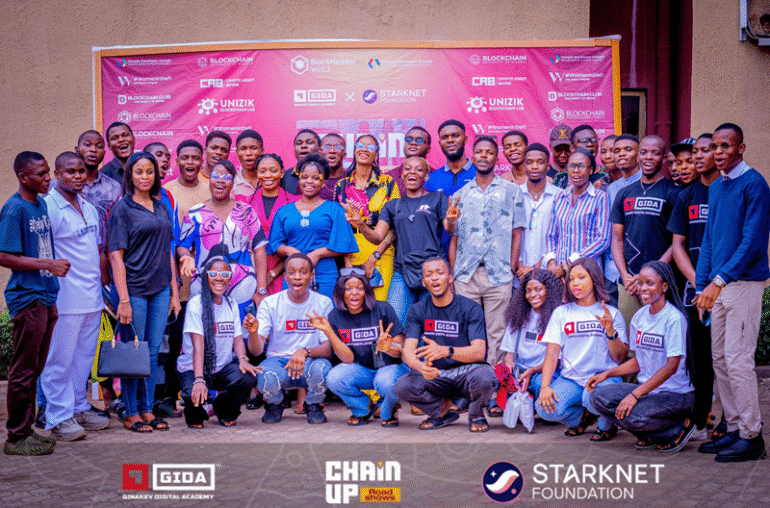A community rebellion has erupted against the fast-growing play-to-earn crypto project Pixelverse over alleged nonpayment of airdrop rewards to its user community. Earlier, Pixelverse’s official X account was suspended following the reports lodged against it by its X followers and user community. At press time however, Pixelverse’s over 3-million-strong X account appears to have been unsuspended.
Promised airdrop gone wrong
To be able to earn Pixelverse airdrops, users were required to engage in certain activities, including “tapping” on Telegram, engaging with the Pixelverse ticker through tweets, and participating in daily combos.
The problem began when Pixelverse introduced certain conditions for airdrops it promised its users. This was after Pixelverse launched its PIXFI token on a number of crypto exchanges last Friday.
Reportedly, the conditions Pixelverse gave its community is that the community were to either claim only 10% of their airdrop earnings and then forfeit the remaining or claim the full earnings in the future by staking 100% of their earnings for two years.
Users received the conditions badly, accusing Pixelverse of being unfair. Apparently, they believe that Pixelverse moved the goal post in the middle of the game.
So the Pixelverse user community is apparently mad with the project for failing to pay rewards to its users. These users were required to pay for NFT minting and fund their user accounts. They have also invested a lot of time engaging the “tapping” platform.
Beyond the Pixelverse project, users also reported similar projects such as Dollar Tapwap, Dollar Hamster, and Dogs. It looks like the crypto user community is not taking any prisoners. They believe that if a project is built to last, it should be able to pay rewards early.
Tola Fadagbagbe, a popular Nigerian crypto influencer who promoted the Pixelverse project has started facing some heat from the Nigerian Pixelverse community since the incident. At the time of writing, his X account seems to have been self-deactivated. A crypto community player with the nickname CryptoLord tweeted as follows:
After the launch of Notcoin (NOT), a play-to-earn token with a gaming application on Telegram built on The Open Network (TON), a number of other “tapping” projects have come on board, attracting a massive user base, particularly airdrop hunters. These airdrop hunters across the world have been actively engaging with these tapping platforms, hoping to receive rewarding airdrops for some quick bucks.
Read also: Notcoin: SWOT Analysis for Investors, Holders, and Users
Projects must be transparent and should always communicate in order to manage user expectations.
On the one hand, transparency and communication are vital in the crypto world. Any community-driven project that fails in this regard will struggle to attain or sustain success. Project founders must be transparent about their offers and also endeavor to communicate effectively and regularly with their community members.
Projects should also never underestimate the power of a united crypto community. Project builders should not forget that in the often community-driven crypto space, the community is at the heart of the failure or success of any project. Crypto community users are not just passive users or investors but active partakers.
If the Pixelverse project managers had announced the conditions earlier on, the situation might have been different.
Airdrops and related rewards are not all that there are in the blockchain ecosystem.
On the other hand, while memecoins and similar coins and tokens may offer an avenue to make quick money, it’s important that users understand that the blockchain space is broader than this.
Rather than only settling for memecoins that typically have no utility, users should consider supporting solid projects with strong and sustainable use cases. Farming for airdrops may be fun and rewarding at the same time, this activity should not drive users to become desperate investors trying to recover money or time they cannot afford to lose.
Besides, airdrops are not guaranteed. And where guaranteed, users should also be concerned about mid-term and long-term sustainability of the projects. It cannot always be short-term cash-outs. Projects need users to ‘build’ with them. Cashing out 100% of the time may kill projects 100% of the time.
What next?
Pixelverse is yet to release an official statement about the issue, at the time of writing. A fast-growing tap-to-earn community, including very active Nigerians, Pixelverse has massive potential. But there is an apparent need to improve transparency and communication with its community. Will Pixelverse bounce back from the present situation? Will projects start paying rewards early before users rebel against projects through coordinated attacks? Time will tell.
Read also: Understanding the Pros and Cons of Memecoins as an Investor
Discover more from Crypto Asset Buyer
Subscribe to get the latest posts sent to your email.




